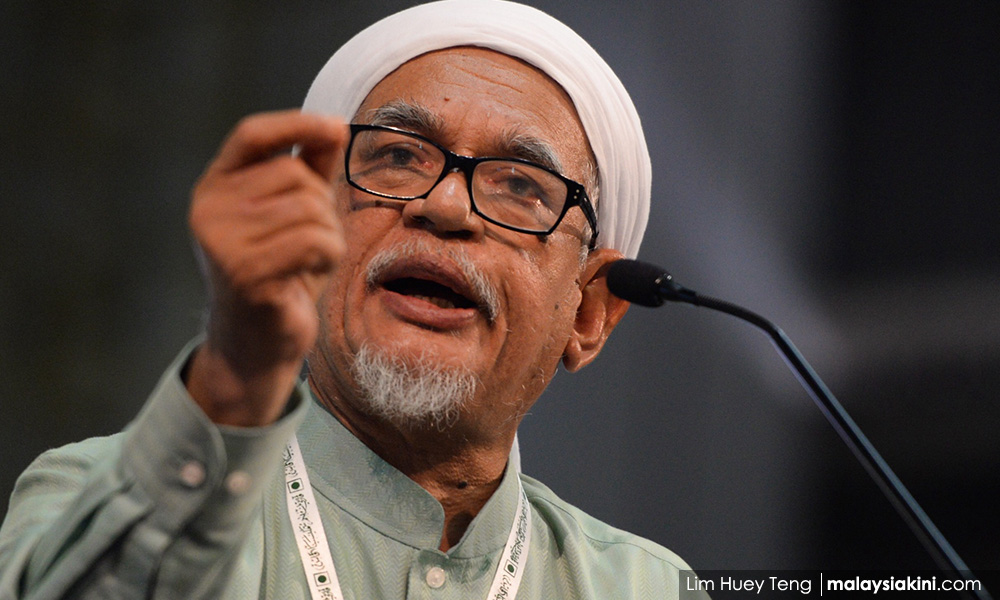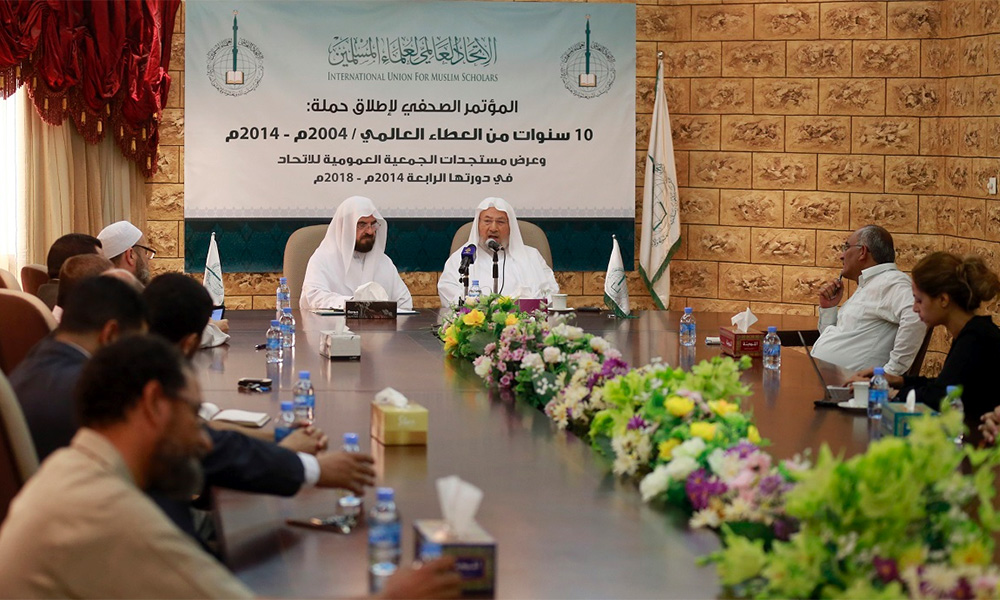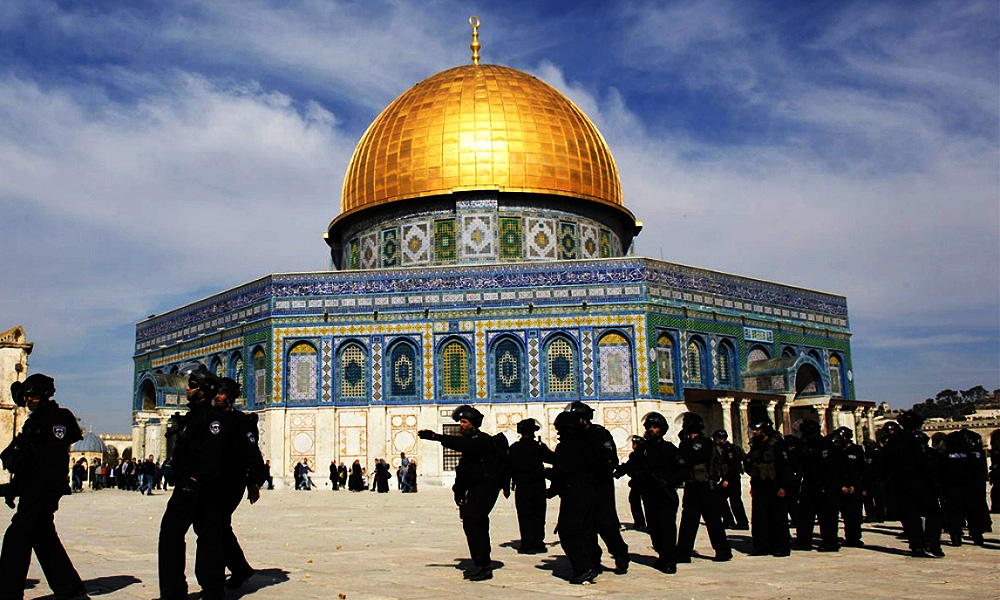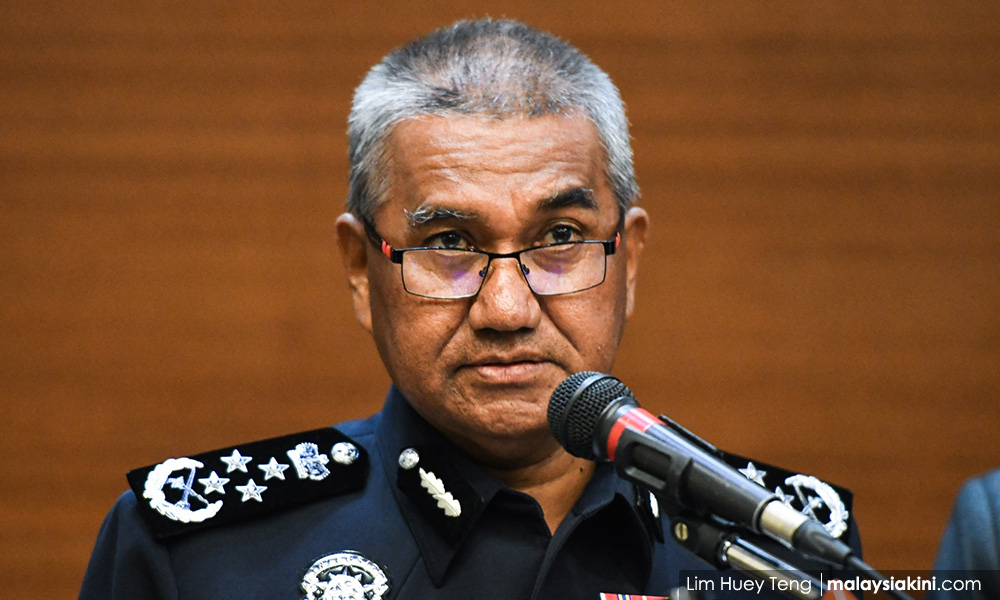
"We are returning to what we were before - a country of moderate Islam that is open to all religions and to the world."
- Crown Prince Mohammed bin Salman
It should surprise no one that when Saudi Arabian Crown Prince Mohammed bin Salman makes the claim that he wants to return the kingdom to its “moderate” roots, it is greeted with overt skepticism.
The Washington Post did a good overview of said skepticism some of which sounds achingly familiar – “If those reforms fail, Saudi Arabia could eventually run out of money, which would constitute a major political risk to the leadership of a kingdom in which many are employed by the state, or rely on de facto state subsidies. After decades of reluctance to embrace societal or economic changes, Saudi Arabia now appears to be pursuing both - at least rhetorically.”
While I fall into the “wait and see” camp, there are signs that something is happening in the way how Saudi Arabia is reacting to the way how it has enabled Islamic extremism the world over.
Sure, the prince has a Vision 2030 for the kingdom that includes the creation of a sovereign wealth fund - read here - that no doubt raises a few eyebrows here in Malaysia. The reality (for the time being at least) is that Islamists the world over, who for years were coddled by the House of Saud, are in a state of confusion, which is preferable than the state of toxicity they create everywhere they are.

PAS president Abdul Hadi Awang may be quivering with rage over the announcement that certain Gulf states including, the once cherished kingdom, has placed the organisation he is vice-president - the International Union of Muslim Scholars (IUMS) - on a terror list but the reality is that Islamists all over the world who once looked at the kingdom as that bright shining exemplar of Islamic supremacy, have been caught with their pants down by the moves of the young prince.
Abdulrahman Al-Rashed writing for Arab News, described IUMS thusly – “Since its inception, which coincided with the rise of Al-Qaeda, the IUMS has represented a threat to Islamic societies and moderate Islam worldwide. The IUMS was established in Qatar in 2004 while Al-Qaeda was carrying out bombings and killing people in the name of Islam. They share the same extremist ideology.
"IUMS members justified violence and started an intellectual war with muftis and traditional Islamic scholars, undermining them in their home countries and ridiculing their religious edicts.”
This is important, of course, because the kingdom for years was tweaking the English version of the Quran to demonise the Jewish and Christian communities, which is why the first line of offence as Hadi Awang demonstrated is to claim that all this is “…driven by their belief and admiration for the Zionist Jewish powers-that-be, more than to trust in God, Islam and their fellow Muslims."

While political and religious opportunists attempt to make Malaysia an “Islamic state” and make syariah law mainstream, it must be disconcerting when the young prince of the kingdom reforms the religious police - the bane of many Saudi women’s lives. They have been “steadily stripped of their roles over the past year, losing powers to arrest and to define what is right or wrong. Last week, a decree was signed to absorb them into the interior ministry – a death knell for an organisation central to generations of social and religious austerity in a kingdom resistant to change.”
A holy war against the holy land?
Now some Islamists would say that news organisations like Arab News, are propaganda organs for the House of Saud (having read much of what Al-Rashed has written, I would never mistake him for a propagandist even if I disagree with some of his views) but this would be missing the point. The real point is that this is the message that the kingdom and its allies wish to disseminate to the Islamic world. This, of course, is of great concern to the Islamists who are used to the usual handouts from the kingdom to sustain their own little jihads they wage against secular or moderate societies (including Muslims) across the globe.
Kamel Daoud, the Algerian journalist, in a translated article for the New York Times writes of his country’s experience – ‘If Saudi Arabia reforms, what happens to Islamists elsewhere?’ - claims, “And so all manner of Islamists are feeling the anxiety of being orphaned. The moderate camp, blindsided, may try to play catch-up with the prince. But the fundamentalist camp, bereft of its familiar markers, may turn against the Saudi kingdom to claim a new kind of legitimacy — and wage a sort of holy war against the holy land.”
All this, of course, makes Hadi Awang's claim that the kingdom (and the others) “believed more in Zionists than in Allah and Islam”, a little strange because what does this say of PM Najib Razak’s close ties with the kingdom? What does this say about the donations and business deals coming from the kingdom? What does this say about the religious donations for educational purposes coming from the kingdom? What does this say about Muslim Malaysians going for their religious pilgrimages to the kingdom? What does this say about the whole “Arabisation” process that has supplanted Malay culture?

Inspector-general of police Mohamad Fuzi Harun (photo) says that Malaysia is not concerned with Hadi Awang’s links to this particular group which is all fine and dandy, but this begs the question, when will the Malaysian authorities be concerned of a group labelled as a terror group?
I get it that a Muslim country would ignore the warnings of Western allies on religious and ideological grounds, but when an ally like the kingdom puts an Islamic group on its terror list, what is the excuse beyond Hadi Awang’s Zionist-Masonic conspiracy angle for not doing anything? Surely, this is not a case of Muslim solidarity? Unless, of course, the Malaysian state security apparatus thinks that the House of Saud is really part of some vast conspiracy to make the kingdom a vassal state to the Jewish hegemon, which apparently includes Hollywood?
The rhetoric from the Saudi prince is sure to rile up “conservatives” like when he says that Saudi Arabia will “eradicate promoters of extremist thoughts", saying the country was not like this in the past.”
For progressives, all this talk may not be enough but Islamists in countries such as Indonesia for instance, are making plans to send religious scholars to other countries if the kingdom becomes to “moderate”.
I hope Malaysia is paying attention because pandering to the Islamists is only sliding backwards. The irony is that Malaysia with its diversity should be the vanguard, but the Islamists here want us to ape what the kingdom is showing signs that it is tiring off.
S THAYAPARAN is Commander (Rtd) of the Royal Malaysian Navy.- Mkini



No comments:
Post a Comment
Note: Only a member of this blog may post a comment.